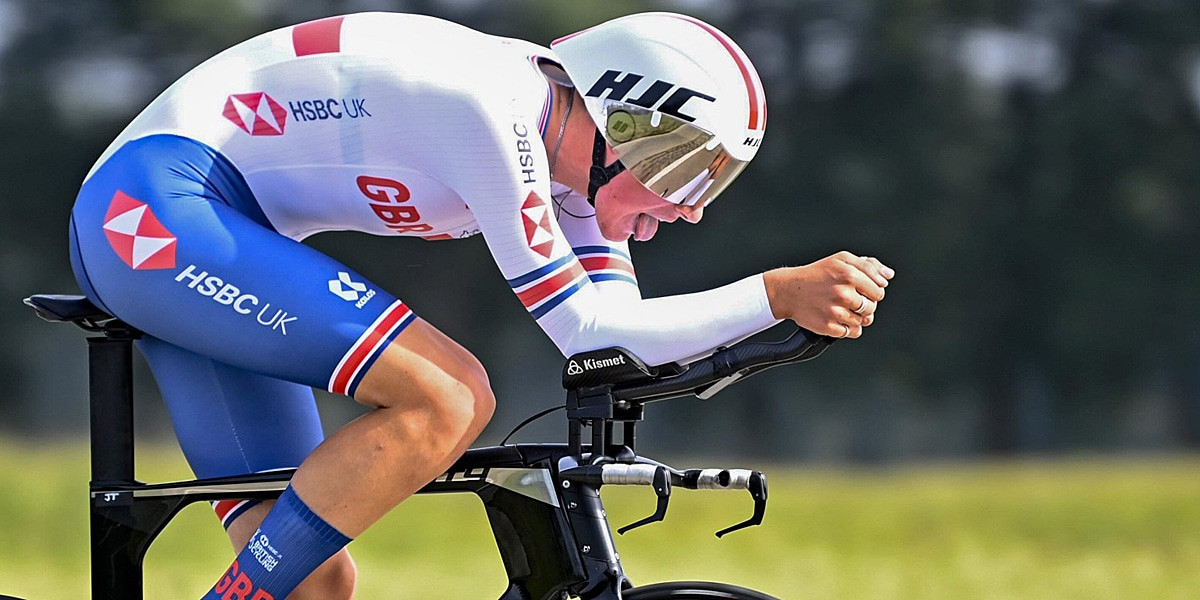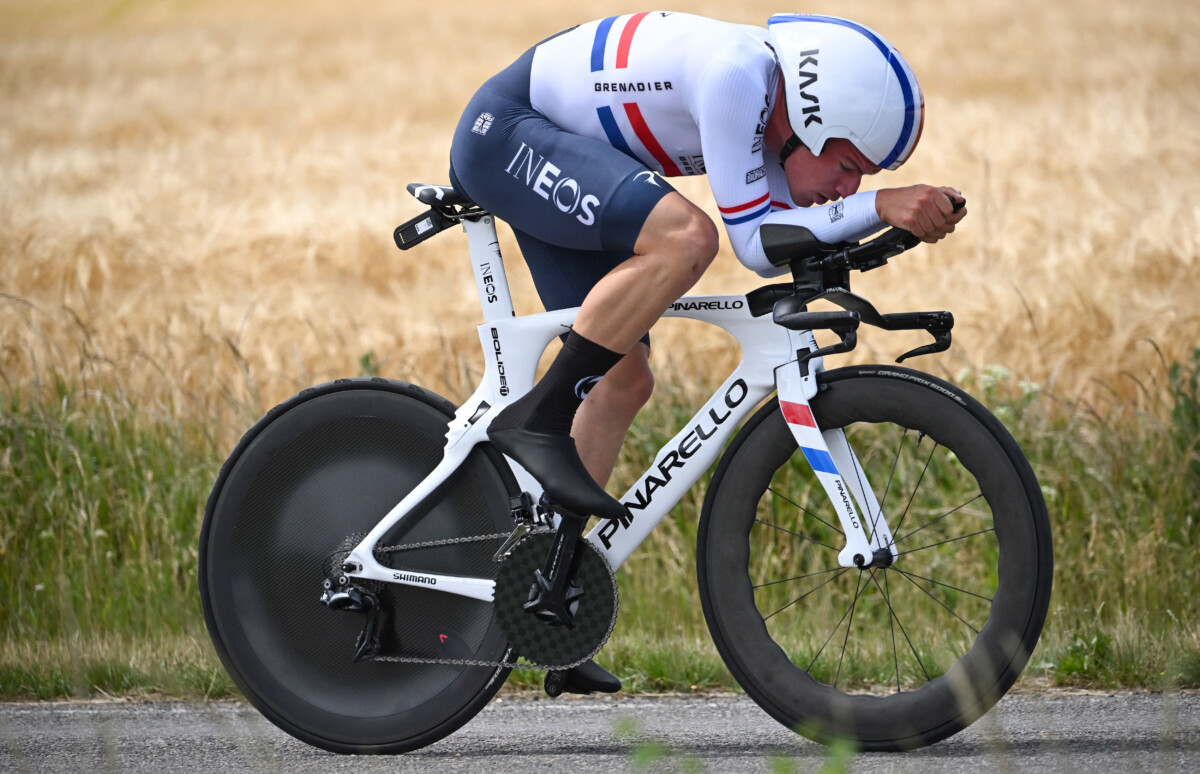Cyclist Alex Dowsett said he sees no problems with the new 20mph (miles per hour) speed limit rule established by Cycling Time Trials (CTT), the body that governs time trials in the United Kingdom. The regulations, announced last Tuesday, require all cyclists taking part in Time Trials on British roads to slow down when passing through 20mph zones.
The changes brought by the new rule
According to CTT, the decision to introduce this rule was born from the consensus that 20mph zones and time trials are “incompatible”. Therefore, any route that includes a significant part of these areas should be avoided if an alternative is available.

The new regulations are likely to cause controversy among cyclists in the United Kingdom. However, Dowsett, a multiple national time trial champion, told the British website Cycling Weekly that he considers the measure a logical step to preserve the future of the sport on British roads.
The vision in practice
“I don’t think it changes much, to be honest, and it’s the right thing to do,” he said. “We will lose some journeys because of the 20mph limits, there will be questions about the 30mph limits, but I think the majority of journeys are on roads with national speed limits.”
“I’m not necessarily talking about dual highways, but about country roads where traffic is minimal. I imagine a 20mph speed limit reflects a high volume of traffic, which is an unviable starting point for a commute.”

CTT’s response
CTT justified its new guidance by explaining that most competitors in British time trials tend to travel between 20 and 30 mph. The entity recognized that riding at high speeds could “cause public outrage”, in addition to posing a potential risk to both other road users and cyclists themselves.
“This type of conduct could cause the government to review the current permission to hold time trials on public roads, expose cyclists and organizers to possible civil and criminal proceedings and invalidate the insurance that CTT maintains for time trial participants,” he says. the statement.
According to Dowsett, after reading the new information he felt it was a sensible move by CTT in the long term. “Either way, it is right that a national governing body should encourage compliance with speed limits and laws to protect our sport in the long term,” he concluded.


